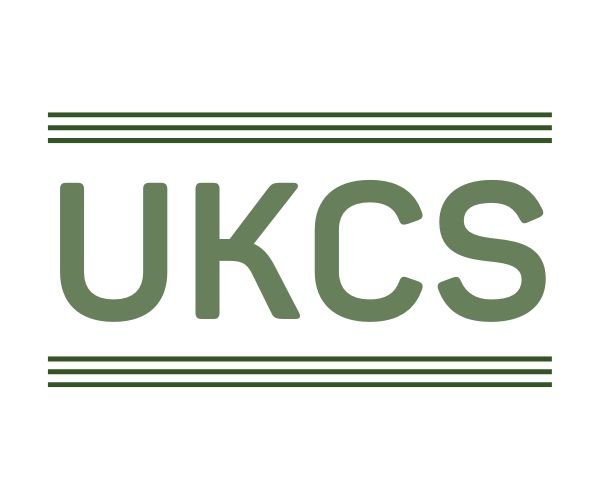Response to the Guardian: Christian Science, Medicine and Prayer
(This letter appeared in The Guardian on 13 August 2019)
I have great compassion for Caroline Fraser and her family’s heart-wrenching experience (6 Aug), yet her depiction of the Christian Science Church is almost unrecognisable based on my own experience. Yes, like many other Christian denominations, our Church has had important lessons to learn - and has seen a decline in numbers. But the Christian Scientists I know strive to provide unconditional support for their loved ones, with each individual free to choose the type of healthcare, including medical, that is most effective for them. The five years I spent as the administrator of a Christian Science care home — a place full of joy and longevity for those choosing spiritual healing — were far from what Ms Fraser describes.
Christian Science beliefs and practices, often misunderstood, can run against cultural norms. They are based on a deep faith in a loving God and on the teachings and healing works of Jesus proved practical. The Church’s founder, Mary Baker Eddy, makes clear that healing is the natural outcome of one’s continually growing understanding of God. Its practice embraces Golden Rule ethics — to treat others as one would want to be treated, to respect all views differing from our own, and to be law-abiding. The Church’s aim is to relieve suffering and uplift humanity. The health and safety of children and adults are paramount to all.
And Christian Scientists continue to experience significant healing in their lives — morally, physically, and spiritually. The firsthand accounts of healing through prayer published in Church periodicals just in the past two decades, for example, range the spectrum of human ills, a number of them medically diagnosed and not easily dismissed as psychosomatic or natural recovery.
Given the challenges humanity faces, it seems such healing and restoration is still what the world needs today.
Robin Harragin Hussey,
District Manager,
Christian Science Committee on Publication, London

